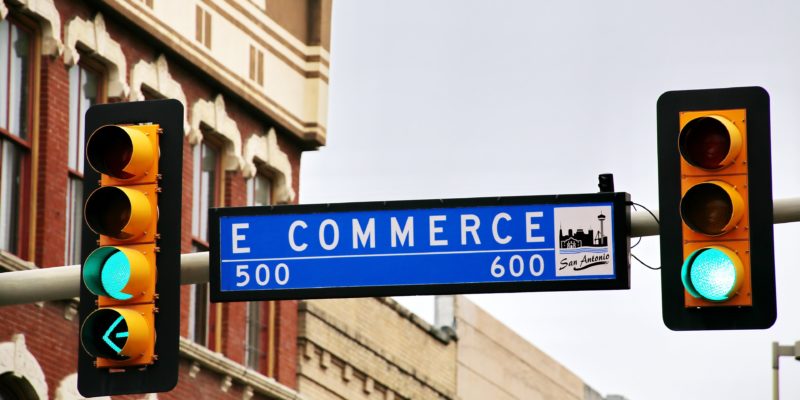Lost advertising revenues pushed publishers to ecommerce during the pandemic. Now, aspiring to a strong revenue mix, media businesses are looking to technology, partnerships and platforms to support their ecommerce ambitions.
Takeaways
- Ecommerce exploded throughout last year’s lockdowns. Online shopping became a lifeline, and then a habit, for many during the pandemic. Annual ecommerce growth of 1% became 10% in the US; the UK saw online shopping increase, year-on-year, by more than 50% in July 2020.
- Globally, annual ecommerce sales are forecast to account for 25% of all global retail by 2020, with a value of $7 trillion forecast for 2024. Eager to cement their place in the ecommerce ecosystem, publishers are looking carefully at how they can support their audiences’ online shopping needs.
- Recent ecommerce plays span technology to make print shoppable and partnerships with existing online retailers. It might even be worth looking at TikTok to take advantage of explosive ecommerce growth on the Gen -Z social-video platform.
Making print shoppable
- Bauer Media Group recently announced a partnership with technology firm Phuzion Media that will allow its print titles to become ‘fully interactive and instantly shoppable’. The technology was scheduled for the June issues of Grazia and Heat magazines.
- Rather than rely on clunky QR technology or app downloads, the solution takes advantage of mobile image recognition. Users simply take a mobile photo of an image on the page to be directed to specific, shoppable, online content.
- “Our tech is a white-label widget that can be branded to the publisher’s style guidelines,” said Phuzion Media Co-Founder and Director, Stefano Biondi. “It’s a super-lightweight onboarding for the reader and a super-lightweight integration for the publisher.”
Partnering with NET-A-PORTER
- Future Publishing more than doubled its pre-tax profits for the six months to the end of March 2021. Much of that success was down to the company’s ability to support online shoppers during that period when affiliate ecommerce revenues grew 56%.
- Looking to build on that success, it is expanding its ecommerce offering by adding beauty products to the fashion line already offered by Marie Claire Edit. The launch involves an exclusive partnership with leading online shopping platform NET-A-PORTER.
- Ecommerce now accounts for approximately 40% of all digital revenues for the Marie Claire UK brand. Caroline Stent, MD of Marie Claire UK, said, “Extending into beauty is a natural next step for Marie Claire Edit.”
One to watch
Proving that change is the only constant in digital media, TikTok has upset all expectations and posted ecommerce growth of 553% for 2020 according to research from shopping-UGC company Bazzarvoice.
- Shopping activity on TikTok exploded among its Gen-Z audience in the UK during the pandemic. Its closest competitors posted far lower growth over the same period: Facebook saw an increase of 160%; Instagram, 189%.
- The success has led TikTok to plan new ecommerce features, similar to those available on Facebook and Instagram and Facebook. These include self-service advertising, affiliate linking and in-app catalogues.
- “This latest move [from TikTok] makes absolute sense given the rapid increase in social commerce formats on platforms like Facebook, Instagram and others,” says Duncan Southgate, at Kantar’s Insights Division. He said the platform has injected fun, entertainment and innovation into the online advertising space.









